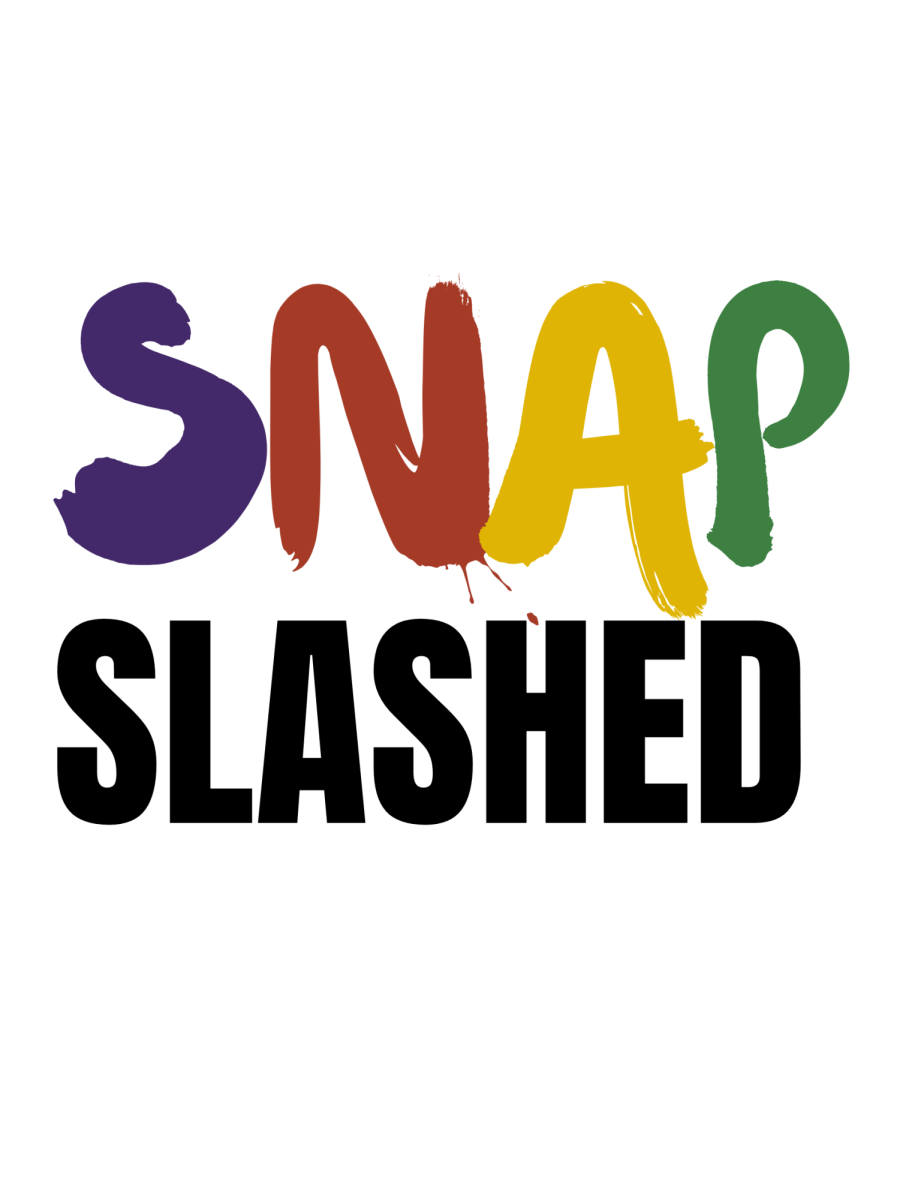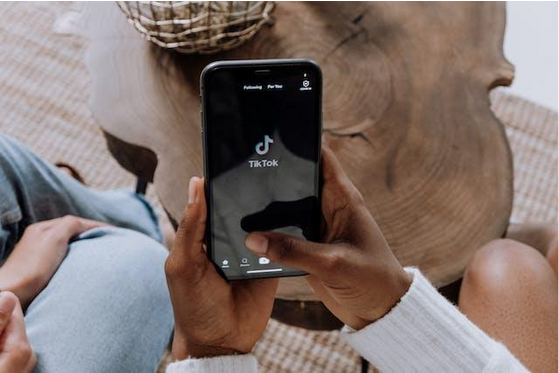source: https://www.pexels.com/ro-ro/fotografie/cerere-aplica-ie-solicitare-tehnologie-5081930/
Not all students are fully engaged and invested in school, and there are countless reasons for this, including a lack of interest in the material, poor classroom management, and lack of intrinsic motivation. Whether you’re teaching in-person or online, it makes little difference. It’s vital to place greater focus on personalization and meet youngsters where they are academically, socially, and physically, creating a more student-centered approach to instruction. College students in the 21st century are primarily on social media, and the list of platforms being used is growing steadily and constantly changing. Certain sites or apps have an especially strong following among young adults, notably TikTok.
TikTok, whose Chinese counterpart is Douyin, is a video-sharing app that works much like a social media platform. As of October 2023, the United States has the most significant TikTok audience, with more than 143 million users engaging with the app, according to Statista. Besides entertaining videos, TikTok makes available short educational videos created by expert authors, contributing to disseminating knowledge in various fields. At present, many teachers use TikTok, using a mix of audio, dance, and memes to convey educational messages. This approach steals a page from what teachers have practiced for a long time, namely identifying and adapting instruction to students’ singular needs.
Teacher-Generated Videos Are Super-Successful on TikTok
There have been countless short-form video-sharing apps before, so what makes TikTok so special? TikTok’s popularity is directly attributable to its easy-to-use editing tools, which empower users to express their creativity, and eye-catching and engaging, easily digestible content. Amateurs or professional creators can show off content as long as they have an account. Anyone with a smartphone has the chance to become a content creator, and there’s something incredibly liberating about this, as you can find your own voice. It goes without saying that the more people raise their voices, the noisier it gets.
The peculiar and marvelous world of TikTok never seems to disappoint. Surprising or not, teacher-generated content is trending these days, with countless views being racked up. According to Education Week, which cites a recent study examining the popularity of TikTok videos, the hashtag #teacher amassed 61.3 billion views, so it’s safe to say that teachers are the stars of TikTok. Short-teacher-created videos encompass teaching-related tips, tricks, and hacks to address the profession’s challenges. For example, TikTok often sees teachers listen to students’ excuses for being late or preparing for the classroom.
TikTok Wasn’t Created for Educational Purposes, But It Can Be of Help
TikTok advanced with the rise of niche Internet micro-celebrities, or “nimcels”, and advertising networks monetizing their content. Influencers and companies wanting to increase awareness and build social proof often use growth services to buy TikTok followers, going from a few hundred followers to 10,000 or more. TikTok is now a place to engage with entertainment and daily life experiences, leading to increased interest and support. Indeed, TikTok has a somewhat controversial reputation, but teachers don’t shy away from using it in the classroom to enhance the learning experience. Stuart Middleton, an award-winning lecturer at the University of Queensland, Australia, meets students where they’re happy to spend time – TikTok. In many videos, he acts out scenes from famous Hollywood movies.
From an educational standpoint, the learning process has evolved from information sharing by means of the offline persona to teachers creating impactful learning experiences on social media leveraging emerging digital tools. TikTok extends learning opportunities, creates connections with students, and amplifies university branding, to name but a few. Even if it wasn’t originally intended for education, TikTok can prove to be invaluable to those who use it to exchange knowledge. From preschool to college, there are several ways to use TikTok as a teaching tool, such as:
Broadcasting Updates and Announcements
Teachers and colleges can meet students where they are by incorporating the social media platforms they’re bound to use, like TikTok. It’s possible to share updates and announcements to keep students informed about academic material and news. TikTok moves fast and changes even faster, so TikToking is effective if students aren’t able to physically attend lectures. Colleges can have publicly accessible pages dedicated to specific departments that students can see even if they’re not active online.
Using Live Streaming for Lectures
With the support of TikTok, teachers can stream lectures to enable accessible learning. Students get to ask questions or input their ideas and thoughts – the teacher responds to the queries and points of discussion. It’s up to teachers to provide students with all the resources, support, and mentorship necessary to flourish in the learning journey, and it becomes easier to fulfill those responsibilities behind the computer screen. Live streams enhance a teacher’s reach and authority by making lectures more digestible and memorable.
Creating A Group Chat for Discussions
Discussions are beneficial to advance thinking, learning, problem-solving, and comprehension. TikTok has its own messaging service, complete with an Inbox to store conversations. Users can have real-time discussions in a non-academic environment; every conversation is saved as a transcript, which makes it easier to retain key information. Teachers’ time doesn’t always suit students, so live chat offers the opportunity to ask questions, clarify content, and provide feedback. TikTok is more than just nice to have.
Concluding Thoughts
The use of TikTok by teachers can have drawbacks in terms of striking a professional and personal balance in achieving the learning outcomes. No doubt, energetic and high-octane teaching can be impressive, yet teachers risk being perceived as too self-promotional and many opportunities for reflection are lost. As TikTok becomes the new norm, there’s more pressure for teachers to engage in unpaid work during their free time, which is detrimental to both themselves and their colleagues. If you’re hoping to establish a better relationship with TikTok, take a mindful approach and take charge of your behavior.
Ultimately, TikTok can have a positive impact on the educational process, but some teachers may be hesitant to embrace it within their classrooms. Students are often digital rebels, so it’s easy for them to be distracted. Without teacher support to address the issue, there’s the risk of creating a generation ill-prepared for the future.

























































































































